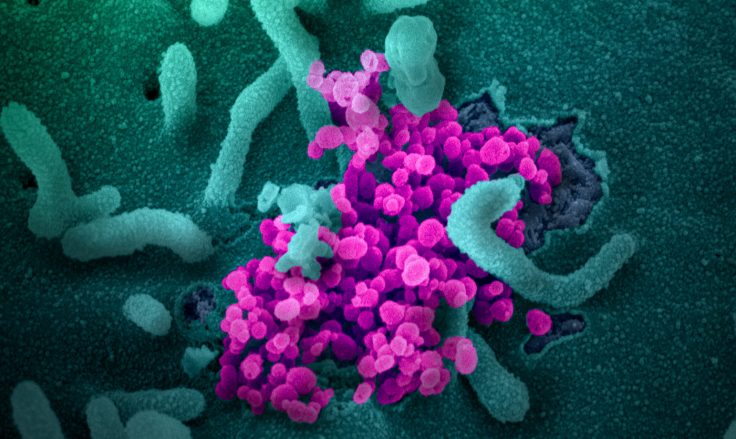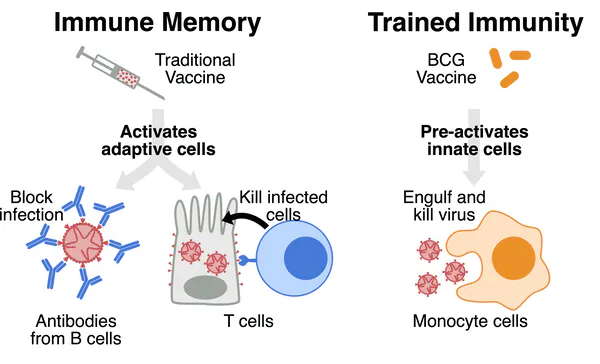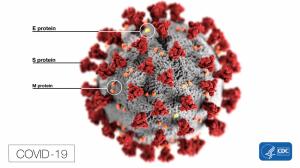Research says that bacille Calmette-Gurin (BCG) vaccination in countries like India may be a factor that explains why the rate of transmission and fatality from the coronavirus is relatively less than other countries.
After collecting COVID-19 data from 29 countries globally, India's Kolkata-based researchers arrived at the results. Previously the BCG vaccine has reportedly been protective against meningitis and TB among children, according to WHO. It is given mandatorily under the childhood immunization program in many developing countries.
Prof Arindam Banik, director of Indian Institute of Management (Kolkata), took efforts in leading a group of four other researchers from other institutes. He said that that the research revealed that the rate of coronavirus affected people has been "significantly lower" in countries like India than the developed nations where BCG vaccination is not mandatory, he said, reports PTI.

BCG might prompt rapid recovery
BCG vaccination "somehow dilutes the virulence of novel coronavirus" he said adding that it develops immunity among the public. The findings are yet to be published in a "reputed journal."
A report from The Lancet said, "The BCG vaccine and some other live vaccines induce metabolic and epigenetic changes that enhance the innate immune response to subsequent infections, a process termed trained immunity." Adding that BCG vaccine may reduce 'viraemia' after coronavirus exposure, with a less severe COVID-19 and a rapid recovery.
Countries such as Portugal, Turkey, South Korea, Indonesia, Egypt and Ethiopia have the norm of mandatory BCG vaccination, and these countries have reported relatively less number of COVID-19 cases recorded. In developed countries like the United States, UK and Italy the vaccination is not made mandatory, where there are huge number of coronavirus cases recorded, Banik pointed out.
To calculate the rate of novel coronavirus infected people, researchers looked into the data of 45 days since the first COVID-19 case reported in a country. Thy divided the population by total number of novel coronavirus cases to arrive at the rate. However, the Lancet report warns not to have a false sense of security due to BCG without further research and proof.
BCG vaccine exploits something called 'trained memory'

Our immune system has innate cells and adaptive cells. The latter initially responds to an infection slowly while the former responds rapidly. However, adaptive cells, though being slow in responding, can "remember" particular microbes for years and decades and when they respond rapidly to those remembered microbes. This phenomenon is called "immune memory," write Australian researchers in The Conversation.
Essentially, vaccines make use of immune memory in protecting us from infections. But BCG vaccine uses 'trained memory.' Some innate cells like monocytes can be "trained" when it encounters a microbe by programming these innate cells to activate rapidly in case they next encounter any microbe.
Thus, there is a great possibility that BCG may train innate cells so that there is a control of SARS-CoV-2 (novel coronavirus) in reducing COVID-19 and also to prevent the infection.
Other factors

Indian researchers have also looked into "econometric models" and found that public health system, population age structure and poverty are contributing factors in addition to the BCG vaccination in determining fatality rates among those infected with SARS-CoV-2.
A WHO report says that the top 30 countries having large percentages of population more than 65 were member states in Europe affected severely by COVID-19, Banik said. He also cited that 95 percent of those dead were aged 65 and more, while 8 out of 10 deaths had at-least one underlying co-morbidity mainly cardiovascular diseases, hypertension and diabetes.









